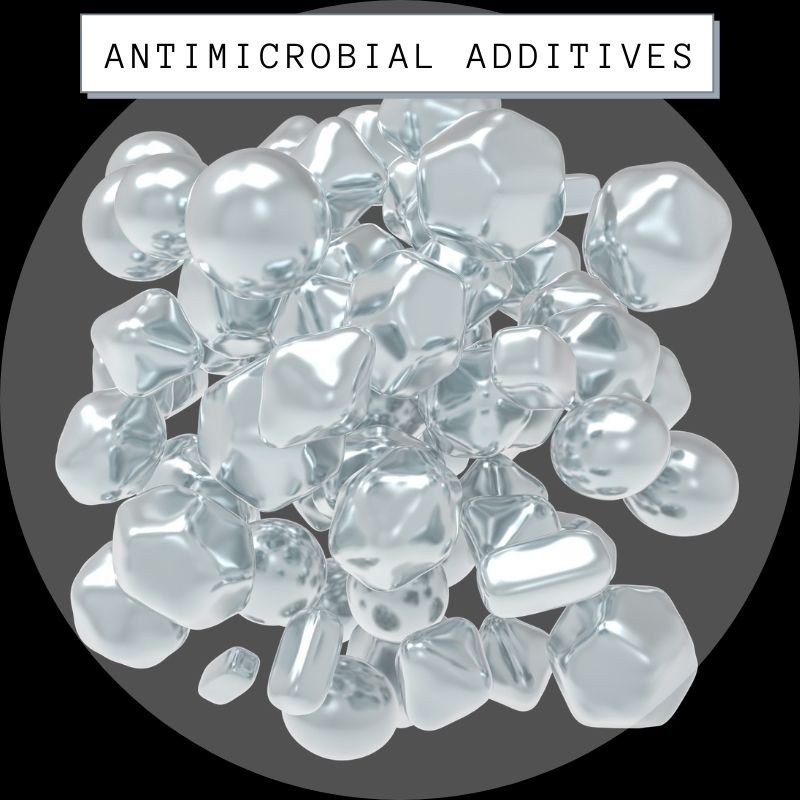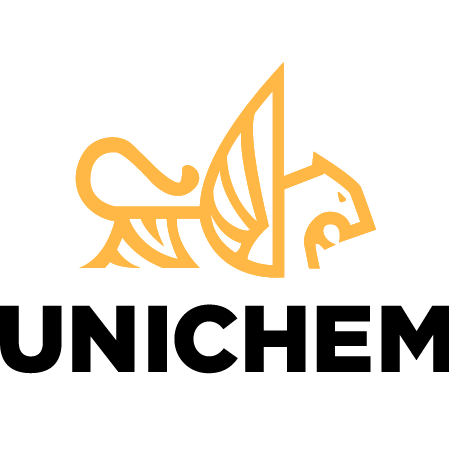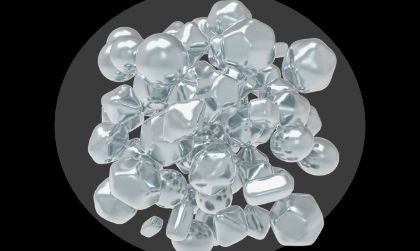
Antimicrobial technology is a collective term that describes the expertise, methods, and knowledge of using additives to provide a permanent layer of protection against microbes to the surface of various products. Antimicrobial coating manufacturers use various additives such as different metals and organic technologies when manufacturing paints, coatings, and polymers. These additives are proven to resist the buildup of various microbes through different antimicrobial technologies which are customized to the product and application.
What Does Antimicrobial Protective Coating Mean?
Not all antimicrobial surface coatings are the same, the way they perform and function is not universal. The term antimicrobial itself is not a measure of performance although anything termed as antimicrobial has an effect on microbes. Antimicrobial describes substances which demonstrate the ability to reduce the presence of various microbes such as molds and bacteria. Many substances are considered to be antimicrobial such as antibiotics, disinfectants, and antimicrobial additives.
The difference between antimicrobial and antibacterial is that antibacterial technology is only effective against bacteria, whereas antimicrobial technology is effective against a wide range of microbes including bacteria, viruses mold and fungi.
The Various Types of Antimicrobial Surface Coatings Additives
There are basically four standard types of antimicrobial additives which are based on Copper, Silver Ion, Zinc and Organic technologies.
Copper – Copper antimicrobial additives provide antimicrobial surface protection with substrates such as polymers, coatings and paints the most suitable applications.
Silver Ion – Silver ion antimicrobial antennas are suitable in a broad range of applications and materials including polymers, coatings, paints, textiles, and other types of material.
Zinc – Zinc antimicrobial additives are a well-known antifungal and antibacterial compound.
Organic – Organic antimicrobial activities include fungicides (Thiabendazole), quaternary ammonium compounds (QAC or QUAT) and phenolic biocides.
How Antimicrobial Technology Works
Antimicrobial additives are introduced during the manufacturing process through various methods which are engineered to provide a negative effect on harmful microbes. Antimicrobial technology prevents bacteria and contaminants to accumulate on the surface by damaging the cell membrane, the proteins or DNA of genetic material or by causing an oxidative effect.
Cell membrane – damage to the cell membrane causes damage to the essential nutrients and structural integrity of harmful cells.
Proteins – damage to essential proteins causes failure of the essential functions to inhibit the survival of harmful microbes.
DNA – damaging the DNA, the genetic material of bacteria, ultimately stops the bacteria from being able to replicate, rendering it harmless.
Oxidative – antimicrobial technology can cause increased levels of reactive oxygen which causes damage to the internal systems of harmful microbes.
Various methods of combining antimicrobial additives with polymers, paints and coatings is emerging as a preference in many applications and industries. Antimicrobial technology is becoming more popular for use in appliances and products, in healthcare and medical devices like pace makers and surgical tools, food packaging, and many others. There is opportunity for antimicrobial technology to be incorporated into a broad range of products and markets.
While the use of metallic ion antimicrobial additives is a popular method of providing antimicrobial surface coatings, the market is continually evolving with new innovations across various polymers and substrates.
uniCLER Antimicrobial Coating Technology
Universal Chemicals & Coatings, Inc., UNICHEM, offers uniCLER antimicrobial technology for a new level of antimicrobial protective coating. Antimicrobial paint and coating additives contain the right surface coating resistant to bacterial and fungal growth to meet your application needs. We are a custom chemicals and coatings manufacturer with more than 50 years of experience in designing and engineering custom coatings to meet market specialization needs.
UNICHEM offers antimicrobial coating technology which can be incorporated into a variety of our surface coatings, paints, and polymers to provide long-term surface coating protections. We offer a wide range of coatings, industrial adhesives, and paints as well as superior dry erase coating technology. Contact us to speak with an engineer about improving your product line with superior antimicrobial technologies.


